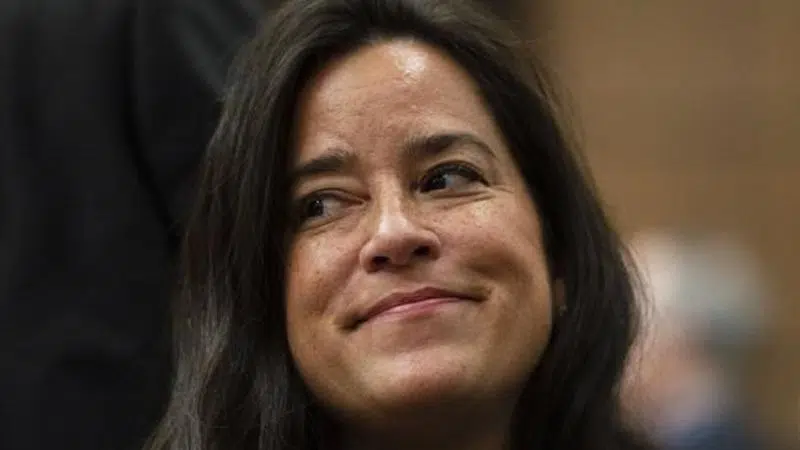
Wilson-Raybould’s place in Liberal party at risk after SNC-Lavalin testimony
OTTAWA — Prime Minister Justin Trudeau is reconsidering Jody Wilson-Raybould’s future in the Liberal party after his former attorney general accused him, his senior staff and the country’s top civil servant of putting her under relentless pressure to interfere in the criminal prosecution of SNC-Lavalin and refused to say whether she still believes in his leadership.
“I completely disagree with the former attorney general’s characterization of events,” Trudeau said in Montreal, shortly after Wilson-Raybould concluded four hours of explosive testimony before the House of Commons justice committee. “I strongly maintain, as I have from the beginning, that I and my staff always acted appropriately and professionally.”
He said he will review all of Wilson-Raybould’s testimony before deciding whether she can remain in the Liberal caucus or seek re-election this fall as a Liberal candidate.


